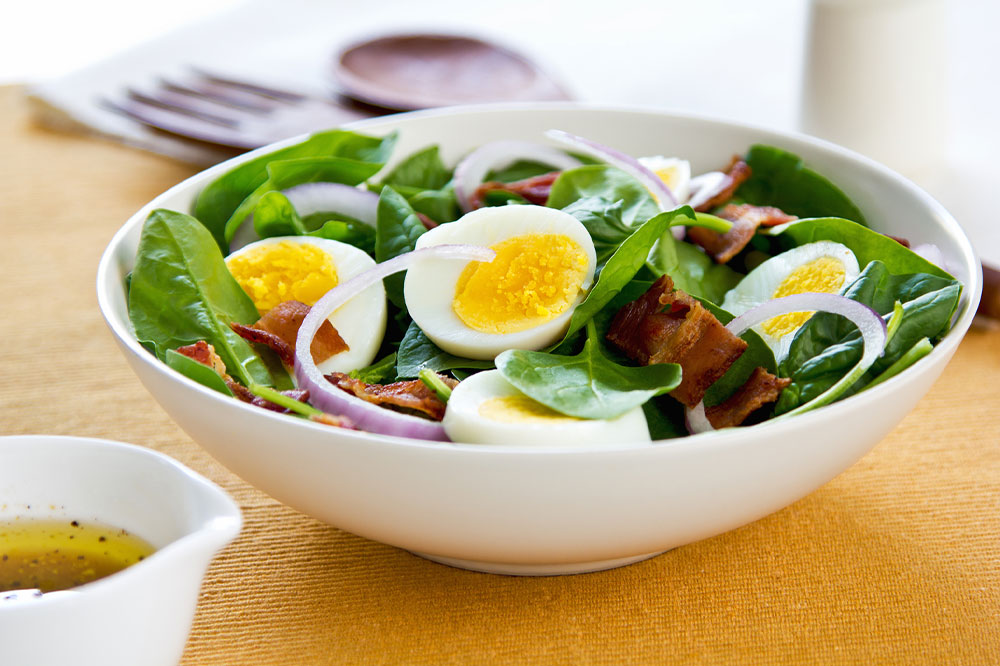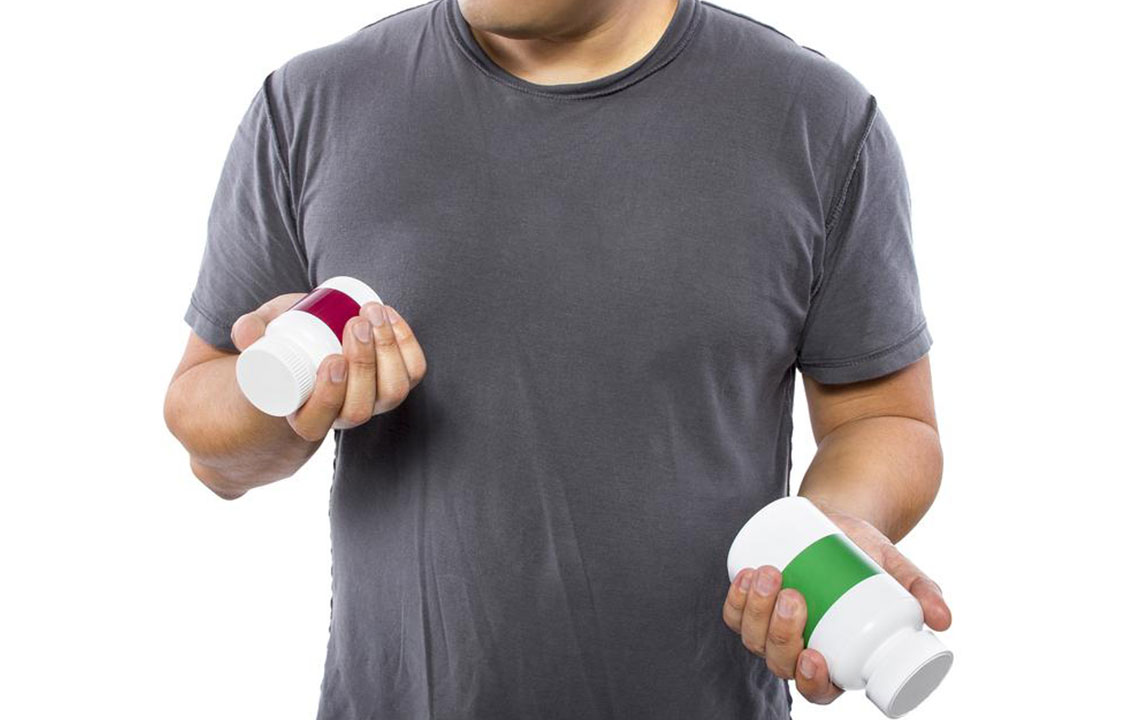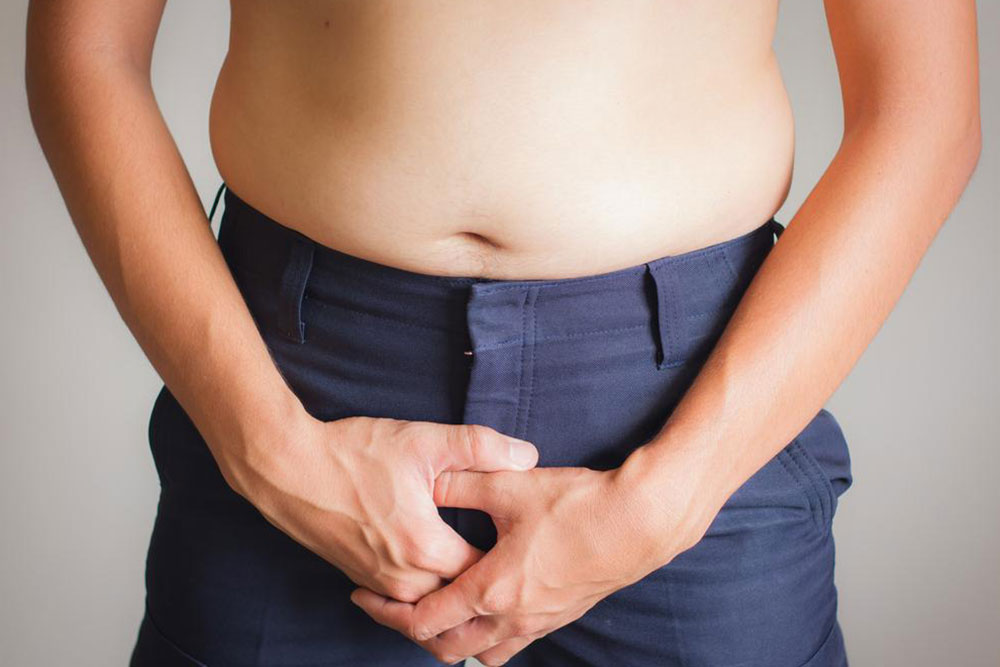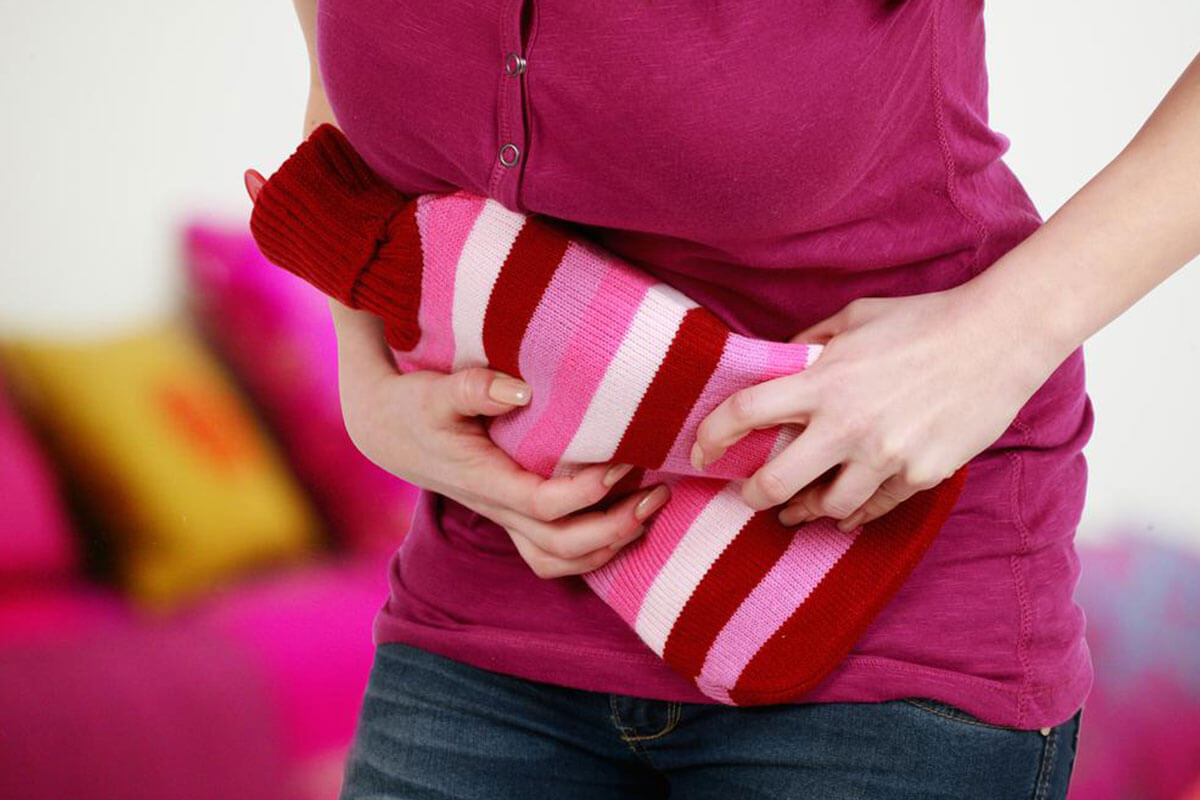Managing Bladder Health: Dietary Tips and Treatment Options
Learn effective strategies for managing bladder control issues through dietary adjustments and medications. Discover which foods to avoid like caffeine, alcohol, and spicy foods, and explore medication options such as Myrbetriq® and Vibegron to improve bladder health. This guide offers practical recommendations to help mitigate symptoms and maintain bladder function better. Always consult healthcare providers for personalized advice and treatment plans tailored to your needs.

Managing Bladder Health: Dietary Tips and Treatment Options
Maintaining proper nutrition is vital for overall well-being and can help alleviate symptoms related to overactive bladder. Studies show that over 30% of women experience bladder control challenges. While medications are available, adjusting your diet can also prevent or reduce symptoms. Continue reading to discover foods to avoid and medication choices for better bladder management.
Foods to Limit or Avoid
Caffeinated Beverages
Coffee, tea, energy drinks, and carbonated sodas are common culprits that can impair bladder function.
This is because caffeine acts as a diuretic, leading to increased urination and potential bladder control problems.
Alcohol
Similar to caffeine, alcohol has diuretic properties that can worsen bladder issues. It raises pressure within the bladder muscles, undermining signals to the brain about when to empty. Occasional drinks may be okay, but heavy consumption can negatively impact bladder function.
Spicy Foods
Spicy ingredients like chili peppers, horseradish, and pungent spices can irritate the bladder lining and amplify the urge to urinate. Women are especially susceptible. Additionally, spicy foods may lead to increased water intake, aggravating urinary leakage.
Artificial Sweeteners
These sweeteners may make bladder muscles overly active due to certain compounds, increasing the risk of urinary tract infections, particularly in women. This can complicate bladder control and lead to incontinence.
Medication Options
When dietary modifications are insufficient, medications can help manage symptoms. Drugs like Myrbetriq® relax bladder muscles, allowing it to fill more efficiently and increasing urine storage capacity. It is available in 25mg and 50mg doses, tailored to the severity of incontinence. Vibegron, a beta-3 adrenergic agonist, prevents bladder muscle contractions, aiding in control of urination.










